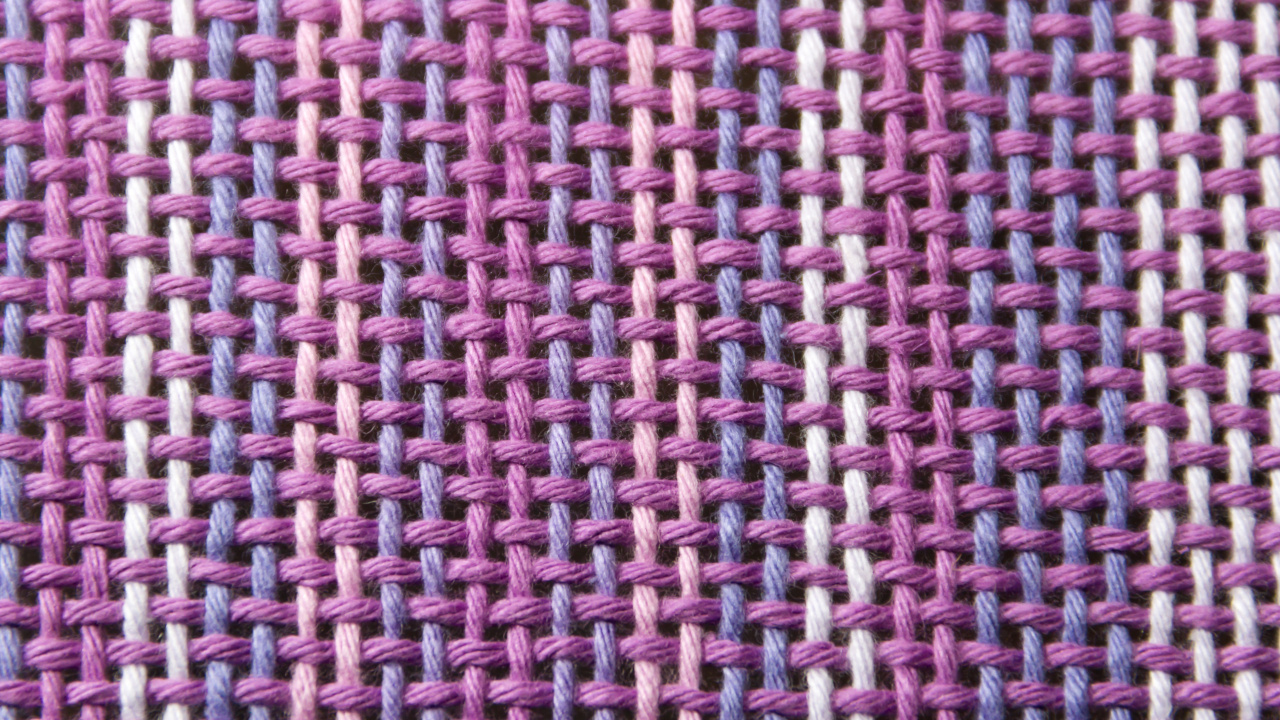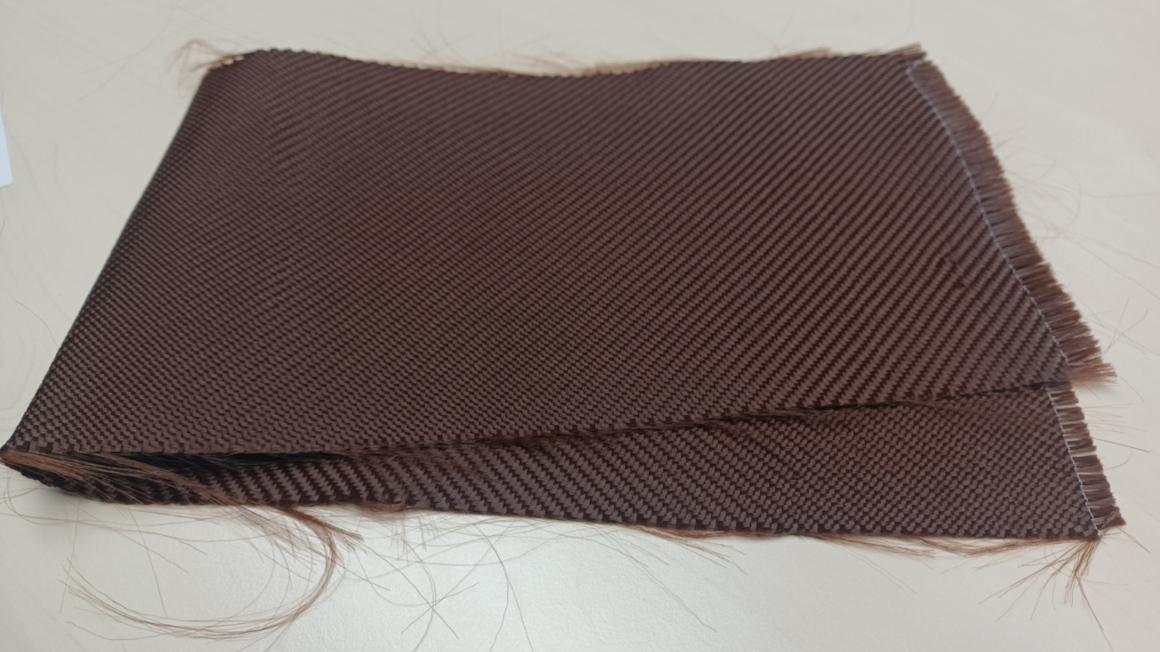Bio-based textile fibres made from lignin
The European BioFibreLoop project aims to establish lignin as a bio-based fibre source for the textile industry. The main challenge is to establish a supply chain.

Source
Gabriela Bertolini/adobe.stock.com
The combination of lignin and cellulose in spun fibres opens up a bio-based alternative for the textile industry.
The participants in the project, which has been running since the beginning of 2024, have now met to discuss the next steps.
lh


